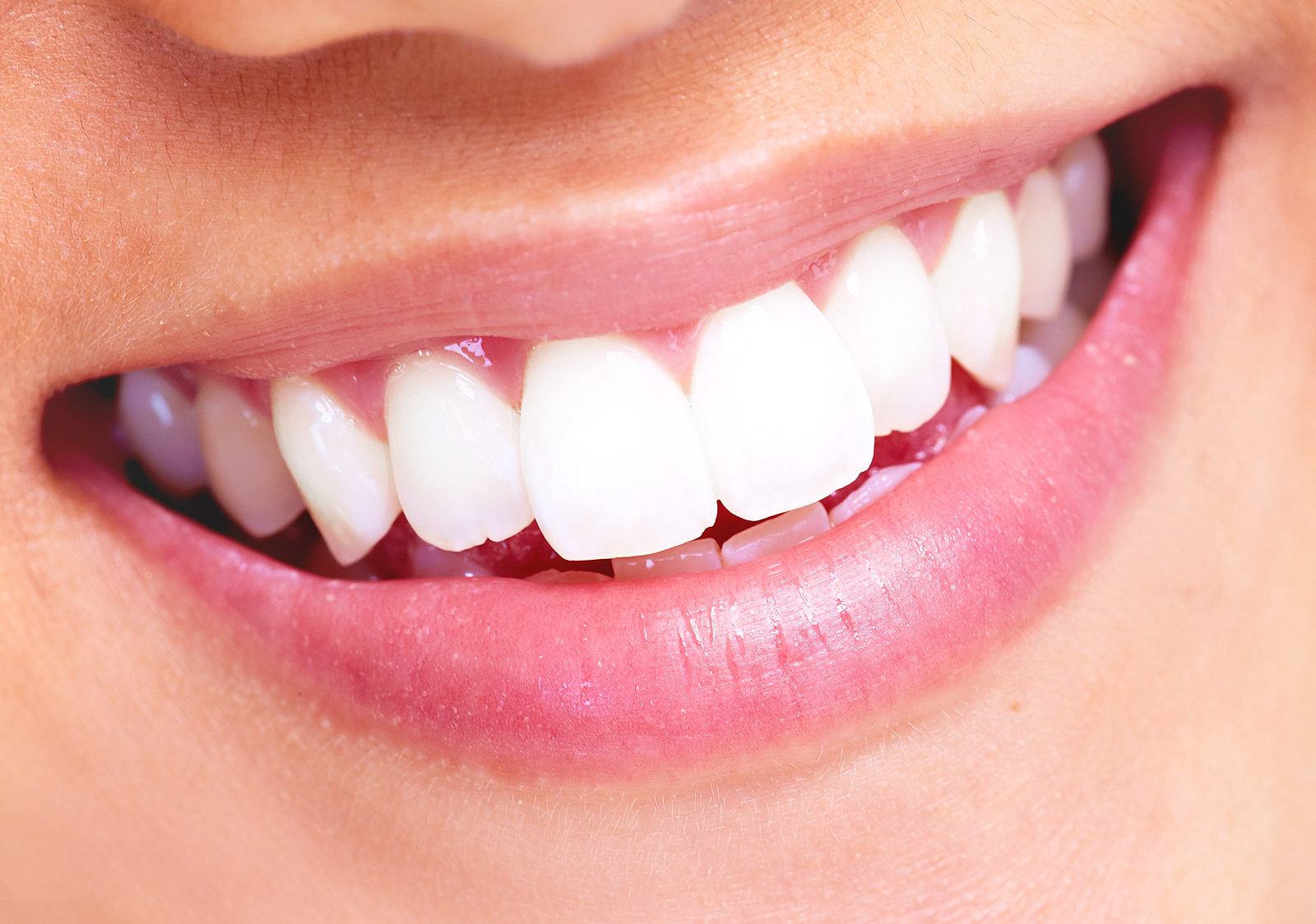Periodontal Treatment
Periodontal disease, also known as gum disease, is caused by a buildup of plaque along the gum line. Plaque is a sticky substance made up of food particles and bacteria. While brushing and flossing can help to remove the plaque from your teeth, it can still build-up, especially if you don't practice good oral hygiene.
Periodontal disease is a progressive condition that eventually leads to the destruction of the soft tissue and bone that support the teeth. If left untreated, it can lead to shifting teeth, loose teeth, and eventually tooth loss. This oral disease is the leading cause of adult tooth loss, affecting three out of four adults. The disease is most often found in adults over the age of 35 but can occur in adolescents.
In the earliest stage of periodontal disease, called gingivitis, the gums become red and swollen and bleed easily. It is usually little or no discomfort at this stage. Gingivitis is often caused by inadequate oral hygiene and may be reversible with professional treatment and good oral home care.
What are the signs of periodontal disease?
The most obvious sign of gum disease is gum inflammation or bleeding. However, periodontal disease is often painless, so it's important to have regular dental checkups.
Other signs of gum disease include:
- Red, swollen gums
- Gum recession (the gum pulls back from the tooth)
- Pus around the teeth and gums
- Bad breath
- Teeth that start to look longer or teeth that start to look shorter
What are the Treatment Options for Periodontal Disease?
1. Scaling and Root Planing
This non-surgical treatment involves removing plaque and tartar from the teeth and below the gumline. Scaling is performed using an ultrasonic scaling device, while root planing involves smoothing the roots of the teeth. Combining these two treatments reduce bacteria in the mouth and prevent gum disease from advancing.
2. Local Antibiotics
When gum disease has progressed to the point where it has affected the gum tissue and the bones supporting the teeth, antibiotics may be used. These medications are placed into infected pockets, attacking bacteria, plaque, and calculus.
3. Pocket Reduction Procedures
When gum disease has advanced to a point where it has caused pockets of infection to develop around the roots of the teeth, surgical intervention may be necessary. A pocket reduction procedure will create these pockets, which are too deep to clean with at-home treatments, shallower, and easier to maintain.
At Biltmore Commons Dental Care, we strive to provide each of our patients with a positive and relaxing experience. If you're ready to experience the best dental care, please contact dentist in Phoenix, AZ at (602) 249-2227 or visit us at 1277 E Missouri Ave Ste 217 Phoenix, AZ 85014.



























